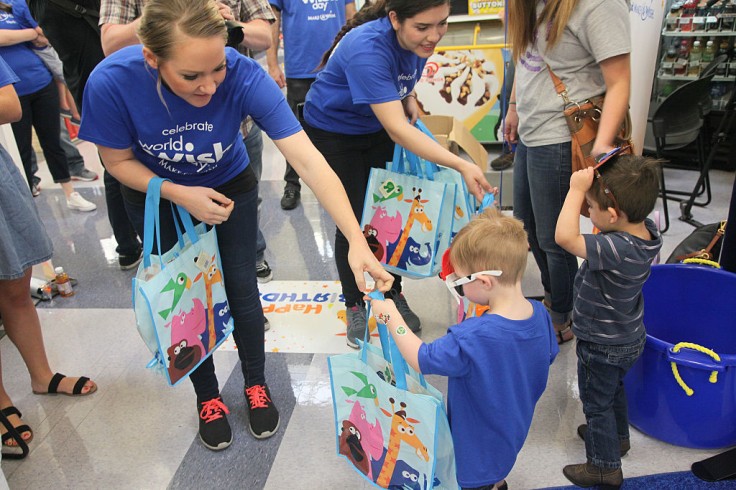
Kids are not always gracious when it comes to receiving gifts, and some parents could be on the edge as they watch their child unwrap a birthday present in front of the guests. What if the child opens something he doesn't like and expresses his displeasure over it so publicly?
With younger children, it's harder to expect them to behave with some discretion about their negative feelings. However, this can be an opportunity to teach the kids about accepting gifts, even if they don't like them, with some gratitude.
University of Toronto psychologist Kang Lee said, via Today's Parents, that kids may have a simple understanding of the concept of gratitude and moral development as early as three years old. Thus, training them to be gracious at such an early age can have a lifelong outcome.
Here are some ways to help kids understand why being gracious is important:
1. Discuss why they are getting gifts.
Explain to the children the reason for the gift-giving and emphasize that they are lucky to have these special treats because not all children get birthday, Christmas, or Easter presents. Don't make them feel that they should be entitled to a gift because it's a special day. Instead, help them understand the value of giving a gift so they would appreciate the giver more than the item, no matter what's inside the box.
Mom Sheila Hanson wrote via PopSugar that she explained to her 5-year-old son and 3-year-old daughter that gifts are thoughts. She said that when someone gives you a gift, it means that they are thinking about you. So, it doesn't matter what gets unwrapped because the important thing to remember is that the gift is a way for that person to show their thoughtfulness.
2. Get your child involved with gifting.
To better demonstrate Hanson's example, try to get the children involved in the gift-giving process. For example, let them pick out a present for the next family member who will be celebrating their birthday and then have them participate in wrapping the present. Let them be the ones to give the gift personally so they will experience the uplifting feeling of being told, "Thank you!" by a relative or friend.
3. Practice how to accept gifts.
Sometimes, it's better to teach the children the appropriate response. If they learn the correct phrases to say, it will save everyone the embarrassment. By practicing, parents may also roleplay with the children and come up with scenarios that may help them prepare for the unexpected.
Parents may also teach their kids the appropriate response in case they get a gift they don't like. Remind them to discreetly tell you about it and then offer to discuss this later on, in private. As reinforcement, parents should also not forget to praise the child for behaving appropriately.
4. Set the example.
Child development expert Marie Hartwell-Walker said it would be impossible to teach children to be grateful if they can't see it from their parents. She told Patch that if kids see their mom or dad habitually saying thanks or demonstrating graciousness, they will also pick up on the same values.
Related Article: 6 Do's and Don'ts for Teaching Children to Write Thank You Letters